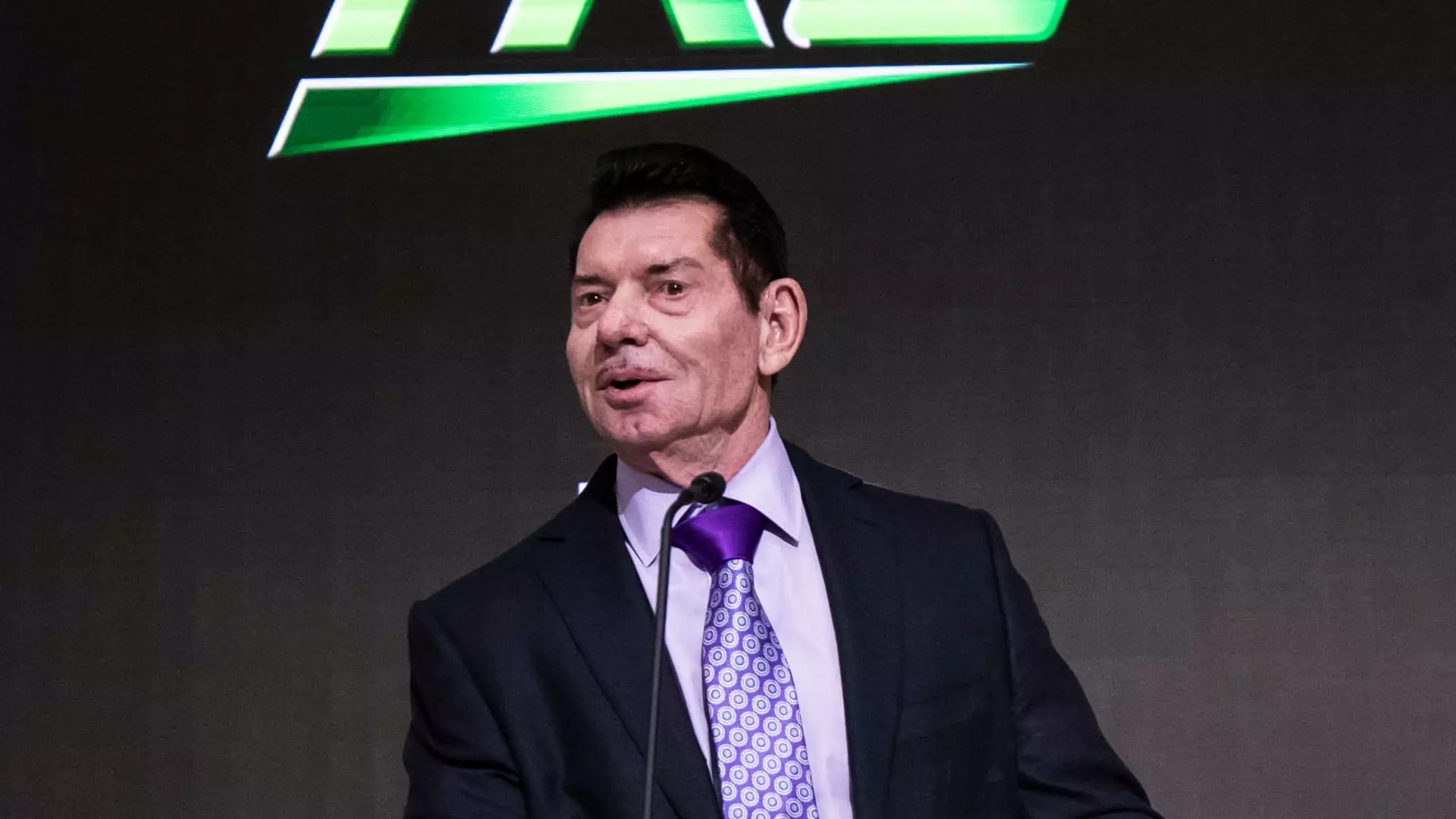The recent charges against Vince McMahon, the former chairman of WWE, by the Securities and Exchange Commission (SEC) spotlight serious concerns surrounding corporate governance and transparency in publicly traded companies. The SEC’s allegations, arising from McMahon’s undisclosed settlement agreements, underscore the critical importance of ethical oversight in the business world, particularly when it involves high-profile individuals.
On Friday, the SEC announced that it had charged McMahon for violating federal securities laws after he failed to disclose settlement agreements totaling $10.5 million reached with two women. These settlements involved allegations of misconduct, specifically regarding McMahon’s personal conduct while leading WWE. As part of the consequences of these actions, McMahon has agreed to a $400,000 civil penalty and will reimburse WWE $1.33 million due to the repercussions of his silence.
The SEC’s order reveals that McMahon’s lack of transparency circumvented WWE’s internal accounting controls, leading to material misstatements in the company’s financial statements for 2018 and 2021. Such failures are particularly alarming, as they compromise the integrity of financial reporting, a cornerstone of investor confidence.
The specifics of the case illustrate just how significant McMahon’s actions were in terms of WWE’s reported earnings. The SEC disclosed that, due to unrecorded settlement payments, WWE overstated its net income for 2018 by approximately 8% and 2021 by about 1.7%. This level of misrepresentation could have profound impacts on stakeholders, including investors who rely on accurate financial disclosures to inform their decisions.
Moreover, McMahon’s entangled financial benefits, which included incentive-based compensation and stock sales based on these inflated earnings, amplify concerns about the ethics of corporate leadership. The Sarbanes-Oxley Act of 2002 is designed to combat such issues by enforcing rules on corporate accountability, yet McMahon’s actions suggest a troubling disregard for these regulations.
The ramifications of this scandal extend beyond McMahon and WWE; they highlight broader issues within corporate governance in the entertainment industry and beyond. Given that WWE merged with Endeavor Group Holdings to form TKO Group Holdings in September 2023, these revelations could shake investor confidence in the newly formed entity.
Furthermore, the relationships between corporate leaders and politicians, exemplified by McMahon’s connections to former President Donald Trump through his wife Linda McMahon, who served in the Trump administration, add another layer of complexity to the narrative. Such ties can create networks that may shield corporate misconduct from scrutiny, raising ethical questions about favoritism and accountability.
In response to the SEC’s findings, McMahon expressed that the investigation was unwarranted and characterized the findings as “minor accounting errors.” His dismissal of the claims may resonate with some supporters but does little to alleviate the serious concerns raised about his conduct during his tenure at WWE. Public perception of corporate leaders is increasingly scrutinized, and escapism through public relations will not suffice in restoring trust among stakeholders.
As the dust settles, the case serves as a cautionary tale for other executives who may believe they can operate above established corporate governance standards. The SEC’s actions could potentially pave the way for stricter oversight across various industries, reinforcing the idea that transparency and accountability should be paramount, regardless of an individual’s prominence or connections.
The SEC’s charges against Vince McMahon reflect broader themes of corporate governance and integrity that are paramount in maintaining trust in the capital markets. While McMahon seeks to close this chapter in his life, the implications of his actions will likely resonate through the business landscape, serving as a wake-up call for corporate leaders everywhere. A renewed emphasis on ethical conduct and robust oversight mechanisms is essential to prevent similar lapses in accountability in the future. The stakes are high, as the fallout from such scandals not only affects the individuals directly involved but also has a ripple effect on businesses and investors alike.


Leave a Reply